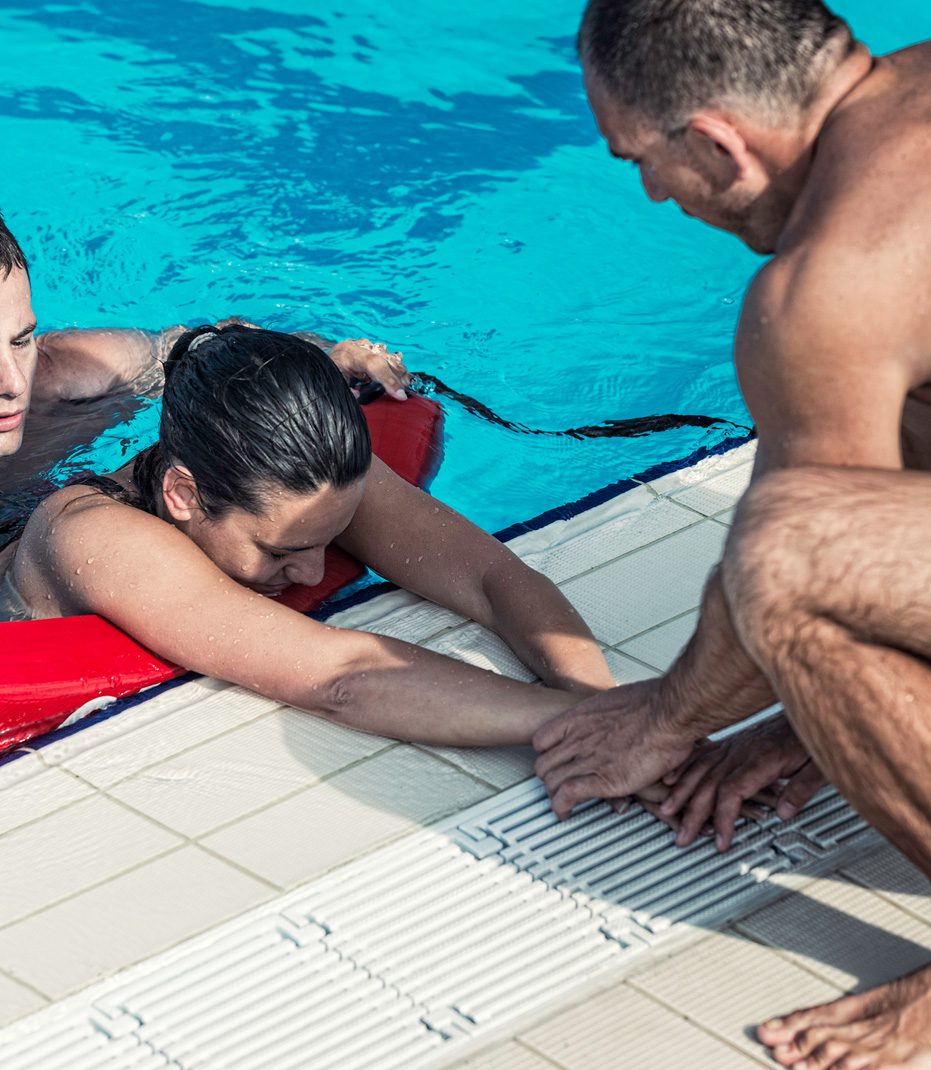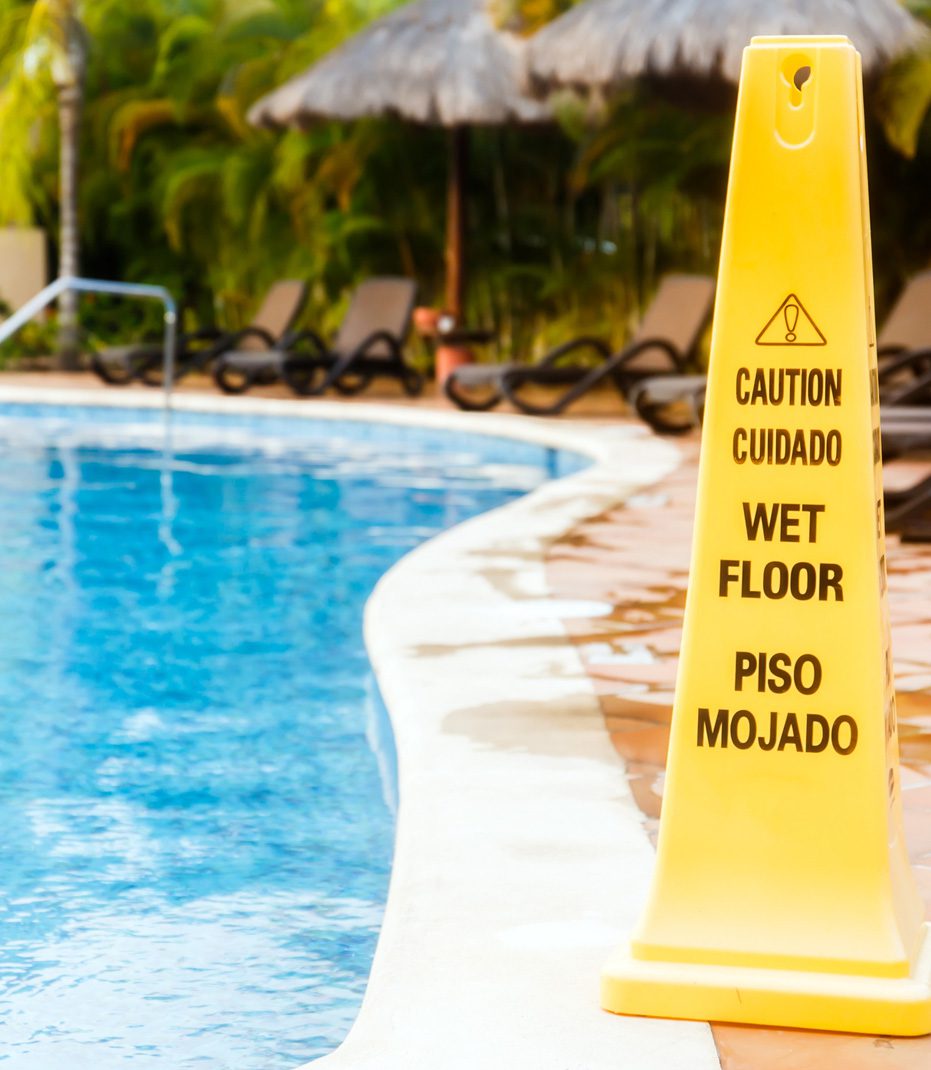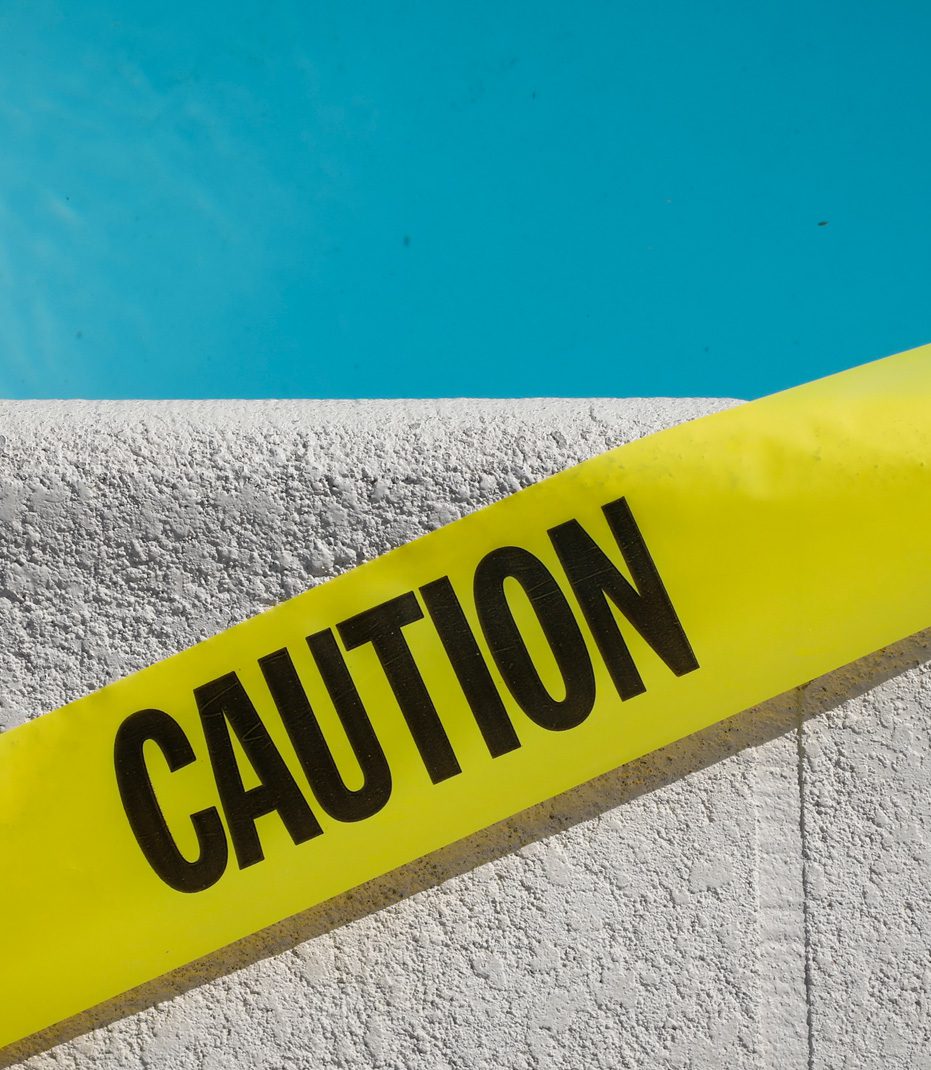
California’s sunny climate makes it an ideal location for swimming pools. Yet, with the enjoyment and refreshment pools offer, they also come with significant risks. In California premises liability law, swimming pool accidents hold a distinct space, primarily because of the gravity of potential injuries, ranging from slips and falls to drownings.
California's Stance on Swimming Pool Accidents
Swimming pool accidents are unfortunately common. Children, especially those under five, are at the highest risk of drowning. To combat this, California has implemented regulations to ensure pool safety. Property owners, whether private or public, are under an obligation to maintain their pools in a manner that minimizes risks.
The Essence of Premises Liability in Pool Accidents
The heart of premises liability revolves around the “duty of care” that property owners owe to visitors. This duty of care becomes especially pronounced when it concerns swimming pools because of their inherent risks.
There are a few primary scenarios under which pool owners can be held liable:
- Inadequate Supervision: Particularly concerning when children are guests. A lack of lifeguards or adult supervision can be seen as negligence.
- Lack of Barriers: California law mandates that new or remodeled pools and spas have at least two of the seven child protective safety barriers. The failure to install these can result in liability.
- Poor Maintenance: This can lead to various types of accidents, from slip and falls due to uneven surfaces to more severe accidents from faulty equipment.
Drowning Liability
Drowning is the most severe consequence of pool accidents, and when such a tragedy occurs, the pool owner might face serious legal repercussions. If someone drowns in a pool in California, the property owner can be held liable under both civil and criminal law. Civilly, they can be sued for wrongful death. Criminally, they might face charges like involuntary manslaughter if gross negligence is proven.


Defending Against Liability
While property owners have the primary responsibility for pool safety, it’s also important to note that visitors have a duty of care for their safety. In some cases, if a victim is found to be negligent (e.g., ignoring pool safety rules), they might be held partially responsible for the accident. This is under California’s comparative negligence rule, which can reduce the compensation a victim receives based on their share of the blame.
Taking Legal Action
The allure of a shimmering pool on a hot day is undeniable. Yet, the responsibilities tied to pool ownership, especially in California, are hefty. The state’s premises liability laws aim to strike a balance, ensuring that while residents and visitors can enjoy pools, their safety is never compromised. For pool owners, understanding these laws is not just about avoiding legal repercussions but about safeguarding the lives of those who step onto their property. For those who face the aftermath of a pool accident, knowing one’s rights and legal avenues can make a significant difference in seeking justice and compensation. Contact Rafii Law today to schedule a consultation for a swimming pool accident case.
